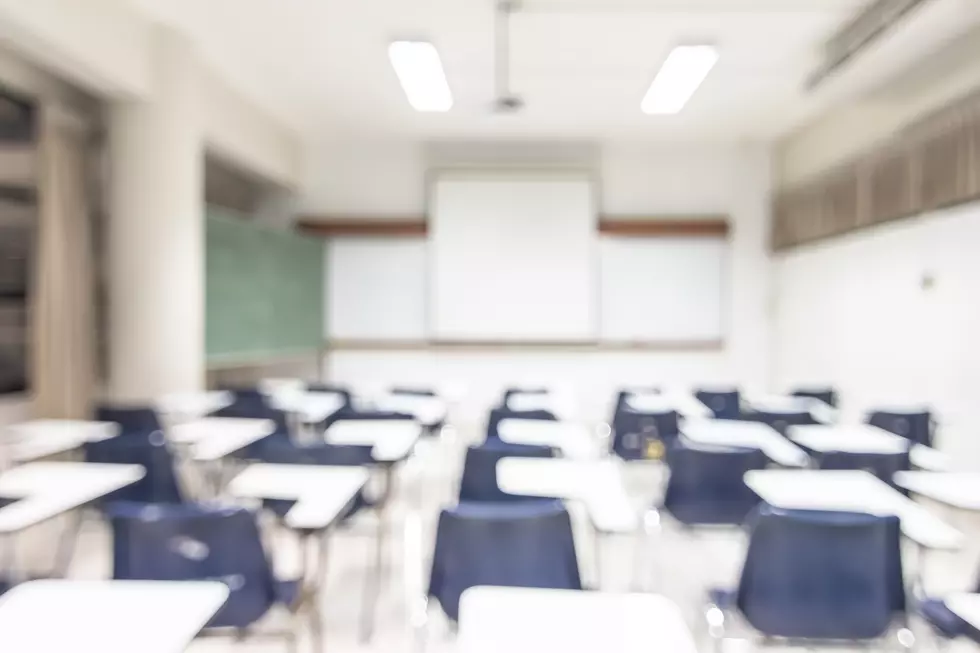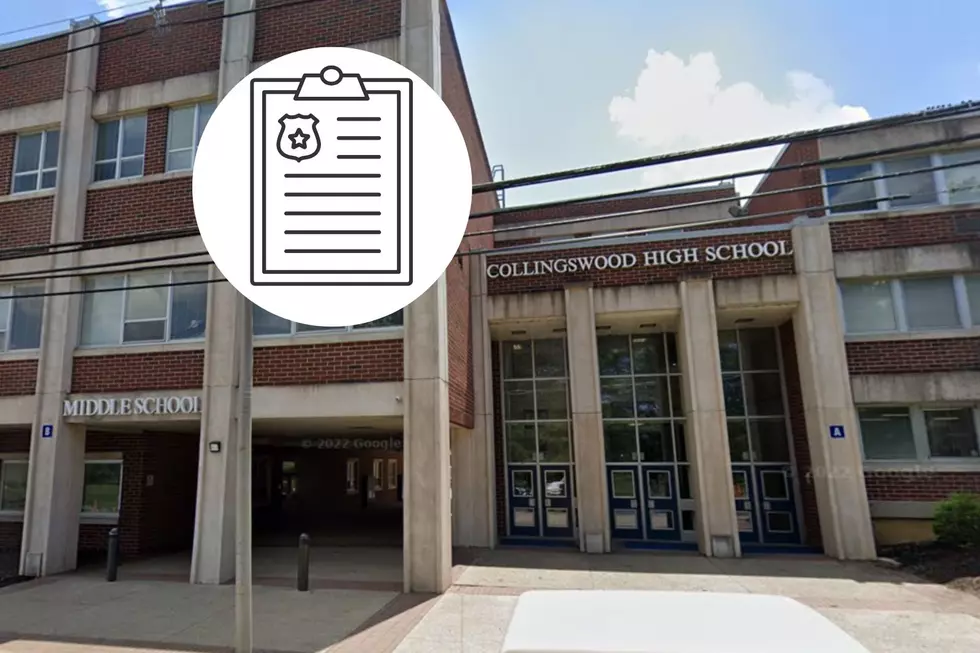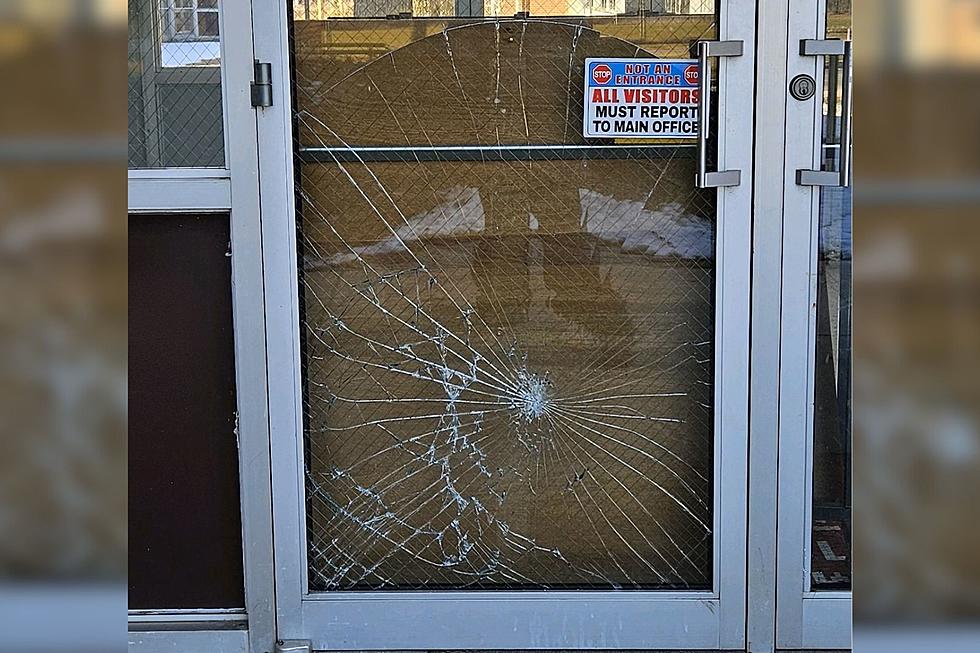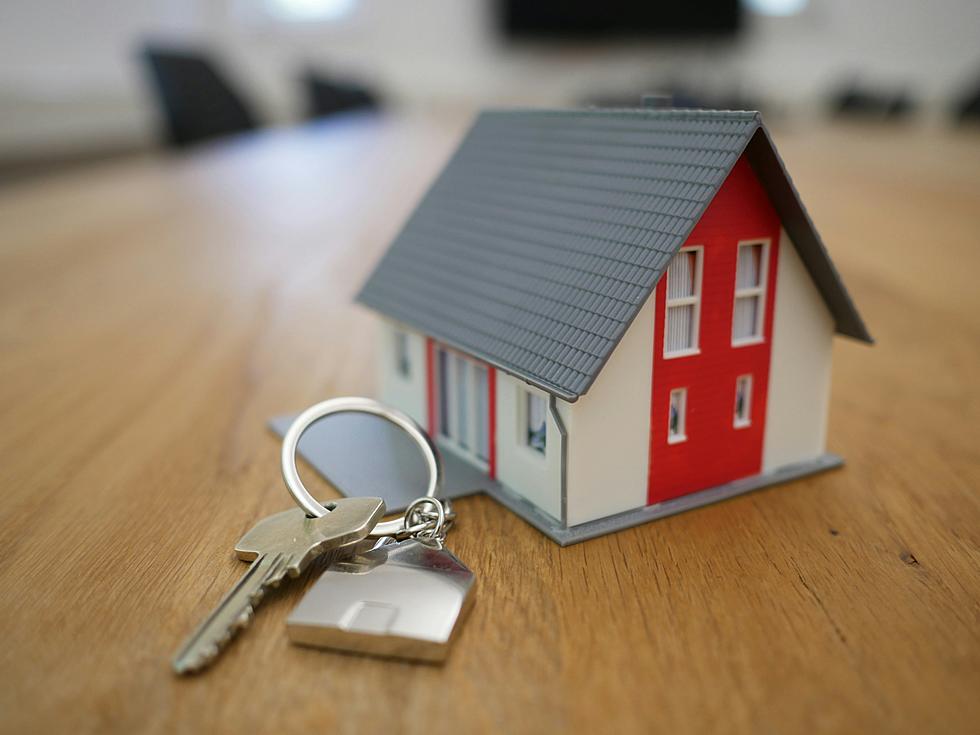
Education inequities in NJ highlighted by COVID-19, report says
New Jersey's wealthiest residents should pay an even greater amount of taxes and the way property taxes are distributed could be revised in order to help deliver fair and adequate funding to all schools in the Garden State, according to New Jersey Policy Perspective.
Those are two of 12 recommendations offered in a new school funding report by the progressive think tank.
The report, which evaluates funding fairness and effectiveness under the state's School Funding Reform Act, suggests New Jersey was spending less aggregate personal income on K-12 education in 2018 than it was prior to the Great Recession. And from 2010 to 2019, the report said, a growing number of school districts experienced significant gaps between what's considered adequate under SFRA and what's actually spent per child.
"As of 2018, New Jersey's highest poverty school districts have fallen back behind the state's wealthier districts on per-pupil spending, putting New Jersey back to where it was in the mid-1990s," said Bruce Baker, report co-author and professor in the Graduate School of Education at Rutgers University.
The districts with the biggest below-target gaps are, on average, 63% Latino, the report noted. Districts which spend above their targets are 16% Latino.
"The economy recovered after the last recession, we didn't reinvest in schools, we didn't robustly fund the formula, and we enter this next budgetary crisis in much worse shape than we entered the last," Baker said.
Co-author Mark Weber, Special Analyst for Education Policy at NJPP, said New Jersey can't wait until the pandemic is over to rethink school funding — and that process should include improving districts' remote capabilities, should another health crisis arrive, and attempting to make up for the time and progress lost during COVID-19 lockdown.
"There's just no way this state is going to have a meaningful recovery without well-funded and vibrant schools," Weber said.
The report concludes with a dozen recommendations for New Jersey lawmakers to consider, including a push for more federal aid to schools, and putting tax increases on the table.
"Asking the most affluent residents of New Jersey to pay at least as much as the average resident so schools can function during and after a pandemic is a reasonable request and sound policy," the report reads.
New Jersey residents earning more than $1 million are facing higher income taxes with the nine-month budget signed by Gov. Phil Murphy in September.
The report also suggested creative reforms to property taxation, such as "pooling commercial and industrial property taxes and redistributing them statewide."
If cuts in school aid need to be made due to COVID-19, the authors said, the state should look first at districts that can most easily make up that aid through taxation.

Biggest NJ retailers sunk in 2020
More From WPG Talk Radio 95.5 FM










